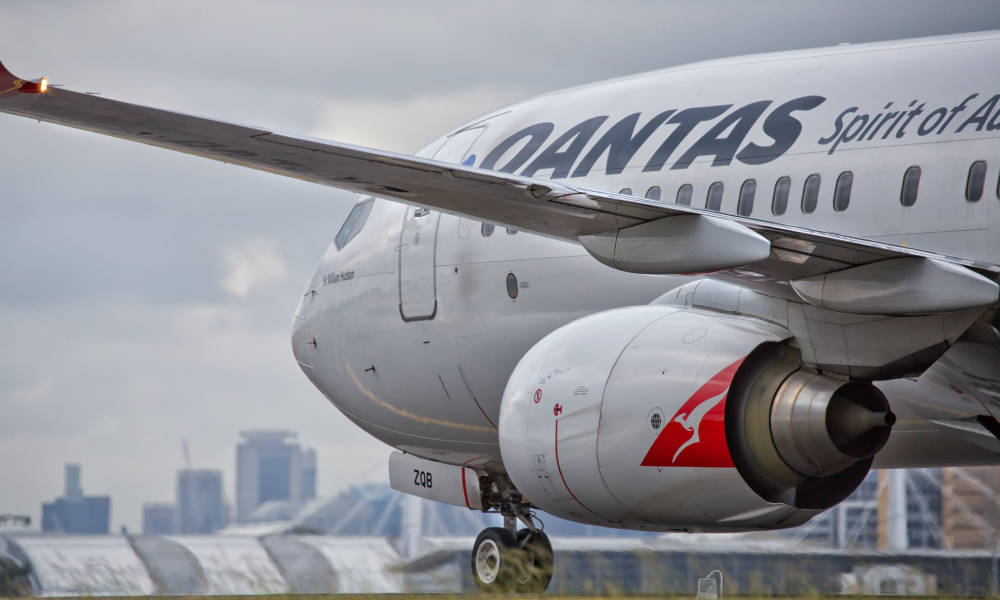
Was the Qantas decision to outsource 2,400 jobs legal? A Virgin exec may have the answer

A former Qantas exec who now works for rival Virgin Australia may be the key in a Federal Court case over Qantas’ decision to outsource 2,400 ground-handling workers.
The Transport Workers Union, which brought the case, claims Qantas’ decision to outsource the jobs was motivated by a desire to reduce “militant” union representation in its workforce. Judge Michael Lee said the case was not complex and would turn upon whether the decision was influenced by “prescribed reasons” like union membership or workers exercising their rights, according to a report by The Australian.
The TWU claimed Qantas used the COVID-19 crisis as an excuse to enact a long-term plan to use third-party providers to replace baggage handlers, cleaners and ground crew.
The court heard a report written last year by then-Qantas chief operating officer Paul Jones – now incoming digital and customer head at Virgin Australia – that said the operating environment gave the company an opportunity to outsource ground handling. The report discussed the “challenges of [Australian Services Union] rates” that were about 25% above market, and suggested those challenges could be addressed by having a third party supply labour.
Under cross-examination by the TWU’s lawyer, Mark Gibian SC, Qantas executive manager for airports Colin Hughes claimed the report was only presenting ideas for consideration, The Australian reported.
“I think it was a problem statement and I took this to be a series of things to consider in respect of that,” Hughes said.
“The heading is ‘Providing a pathway to implement third party labour supply’ – that’s what’s being contemplated,” Gibian said.
Hughes replied that he felt the report “was contemplating a number of things.”
Jones will be among the witnesses Qantas calls to testify on its behalf, according to a report by The Australian Financial Review.
The TWU must prove that Qantas made the decision for prohibited reasons, like union membership or to prevent workers from exercising their rights, The Australian reported. However, Qantas lawyer Neil Young QC told the court that Qantas Domestic and International chief executive Andrew David made the call based solely on the airline’s dire financial situation during the COVID-19 crisis.
“The immediate and ongoing financial impact to the Qantas Group of the pandemic has been extremely severe,” Young said in his opening statement. “There was a combined revenue loss of $11 billion from March to December, a 91% reduction in underlying profit for the 2020 financial year, a $2.7 billion tax-free loss for the fiscal year and a $1.5 billion statutory loss. “Because of these circumstances, each business unit was tasked with delivering significant cost reductions and restructuring savings.”
Young said the company’s airports business was tasked with cutting costs by 72% in the 2021 fiscal year and 46% plus a further 10% efficiency target in the following financial year, The Australian reported. He said that of all the options managers considered, only one – outsourcing ground staff – met those strategic objectives.
TWU national secretary Michael Kaine called the case “a test of whether the Fair Work Act allows a company to get rid of its workers who have fought for decent wages and conditions and replace them.”